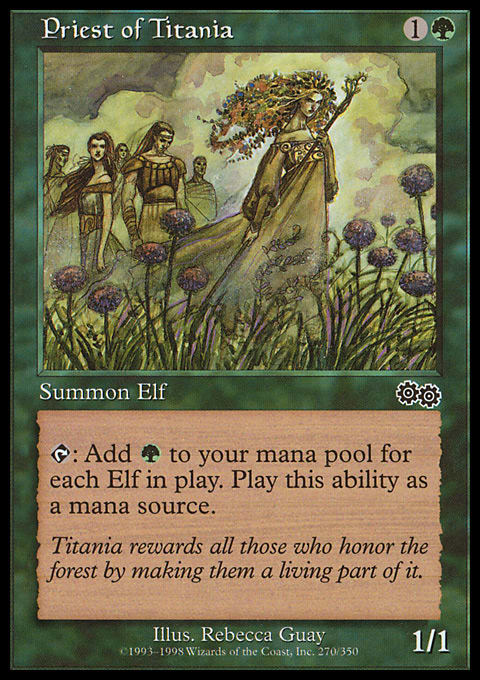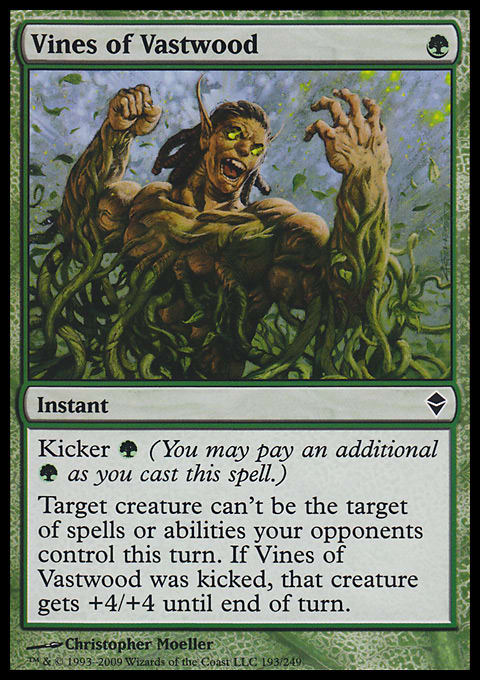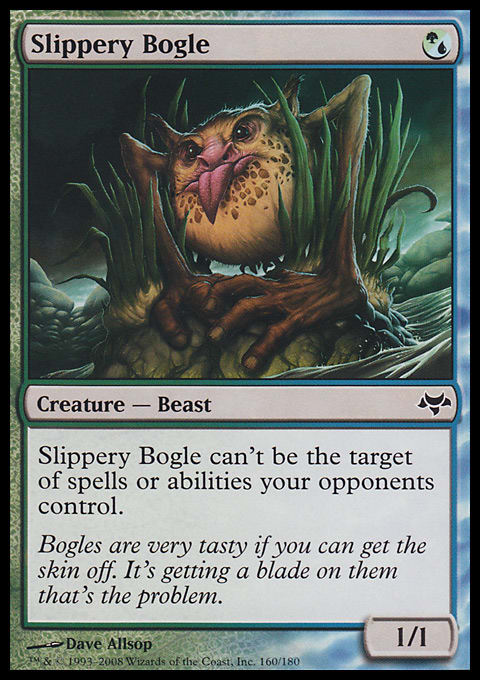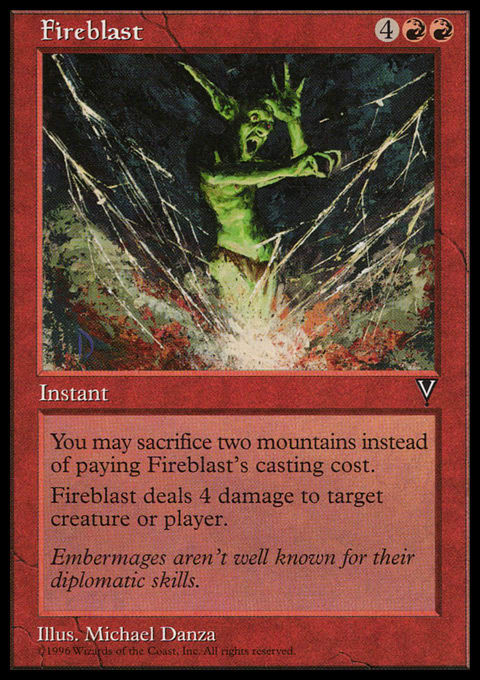This Monday, Wizards of the Coast dropped a new banned and restricted announcement. With it came no changes and merely a note saying when the next announcement would be. A number of players and pundits expressed disappointment as the expectation from many was something should be banned at this point.
Even those on the "no bans" train were left disheartened, though, when there wasn't even so much as a mention of what they were keeping an eye on and possible concerns about the state of the meta. Such comments were made in announcements through even this year shortly after War of the Spark was released, noting interaction between Karn, the Great Creator and Mycosynth Lattice, the Neoform-Griselbrand deck, and the combo of Celestial Kirin with Ugin's Conjurant. Many players at the very least were hoping for a reassurance that WotC was watching the format and some idea of what was being monitored.
As it stands, we're stuck with the current state of the format for a minimum of six weeks. I could talk at length about what I think should've happened, what should happen next time, and so on, but I'm not going to. Not only have I discussed this at length myself up to this point (including a fairly lengthy piece last week), but many fellow Pauper writers have also done the same. There's plenty of discussion and I don't really want sound like a broken record.
Instead, I want to discuss getting into Pauper in the first place. How do you go about doing this and what can be done to get a better grasp on the current metagame as a whole? Diving into a brand new format, or even one that you've played before but not touched in some time, can be very daunting. I should know as I'm actually dealing with this very thing when it comes to dipping my feet back into the likes of Modern and Legacy. Unlike those formats, however, Pauper's affordability allows us to jump around and try new things if we aren't satisfied.
For example, if we look at the MTGGoldfish page for the metagames of Modern and Pauper, it's not hard to see a massive disparity in deck prices. In the first twelve decks on the Modern page, the cheapest is Burn, and even that will run you nearly $500. By way of comparison, the overwhelming majority of the first twelve Pauper lists cost somewhere roughly in the mid $60 range. Jeskai is on the higher end of things at around $90 and Stompy is the lower end at $40 but the rest fall in that mid-60s area.
As such, for the price of one Modern deck, you could buy roughly eight whole Pauper decks in paper! That's to say nothing about Magic Online either. There, the Modern decks are cheaper too, with the cheapest being Dredge at about 117 Event Tickets, or tix for short. Pauper decks, however, are also quite a bit cheaper. Many cost closer to 20 tix and, even better, overlap with one another.
Because of the way Magic Online works, you only ever need one playset of cards in your collection to cover any and all decks. So let's say you have a finished copy of Stompy and want to jump to Elves. A large chunk of Stompy's value online is in its copies of Nettle Sentinel and Quirion Ranger. Both of these combined make up roughly 2/5 of the deck's overall cost. The same is true of Elves with both of these cards making up a sizeable chunk of the cost. Because of this, along with some shared sideboard options, you're looking at paying closer to 10-15 tix to finish Elves as opposed to 25.
All of this allows us to jump around with significant ease. It's the reason Pauper players always have something different to play and why local metas are often quite diverse, as players will often bring a new deck every week. Because of this, when trying to get into the format, it's important to know that we can try a few different things and take some different approaches.
Some players want to just dive in all the way, and to them I say more power to them. Players want to try what's best and what's good, so it's not uncommon to see someone new picking up a copy of Jeskai or Tron. What makes these decks so good, though, is their difficulty in piloting, their customizability, and making good use of players' format knowledge. Because of this, newer players may find these decks that much harder to play. Even something like Elves, while somewhat straightforward, can be difficult to pilot for someone with less experience when it comes to combo decks.
In a local paper environment, these become a bit better. Not only do you play with a full tournament clock and have more time to work through your deck as you learn it, but you'll also be surrounded by people who want to help you out. Players at your local store will often give you pointers to pilot the deck better, give suggestions for how you can improve on the list you're playing, and even play practice games between rounds or before the event even starts.
All of this is invaluable and a great approach for all players. Many players don't have these capabilities, however, and for them we turn to Magic Online where things get a lot different. Whereas your local game store is going to have a lot of friendly faces willing to help, Magic Online is often a significantly more cutthroat environment. People not just from your local area or even your country but rather the whole world are out there trying to best you for the sake of earning prizes.
Some may offer some help and suggestions, but it's a rarity, and in fact more often than not your Magic Online chat will be filled with an opponent salting off at you for one reason or another. You can try your hand at the Tournament Practice room, but often people will be testing their odd brews over actual meta decks. As such, the best place short of having a friend with full meta access helping you practice is to just take the plunge into leagues.
Leagues offer the best diversity in decks for the format without question and will give you the best opportunity to see what's happening at any given time. The biggest thing you want to do, since you have less opportunities to sit down and talk, play, and theorycraft with friends, is get the biggest exposure to the metagame possible.
If you jump into the format online with something like Tron or Jeskai, you're going to run into a lot of issues. Unfamiliarity with the user interface can cause you to time out and lose, or else you might get overrun by other players with a greater format knowledge than you. The biggest factor, though, is time. These are both very slow, grindy decks that will lead you to have numerous lengthy matches and will often take 2-3 hours at least to finish a single league.
What if I told you that you could play something a bit simpler to grasp and pilot, still perform quite well, and blaze through leagues in roughly an hour and a half? The answer is playing the most aggressive decks in the format. Decks like Affinity and Bogles are great choices as they're pretty much no brainers in terms of piloting and can bring the hurt fast. Burn is in a similar position, though is a bit less potent - especially since the printing of Weather the Storm.
One of the best decks in the format, though, is Stompy. You can build this deck for less than 20 tix online and about $40 in paper and it's more powerful than ever thanks to Savage Swipe being introduced in Modern Horizons. Between this and decks like Jeskai and Tron being slow to set up, it's no surprise to see the deck putting up numbers again. It's a deck that like the others I just mentioned is very easy to learn, but also has a very high ceiling for being able to master the play thanks to a lot of quirky interactions the deck has. Thankfully it also plays super fast and you can grind whole leagues in no time.
By playing one of these decks, or another aggressive strategy, you can grind to your heart's content online. You get more opportunities for prizes, more chances to see what's happening in the meta, and more ways to build your collection and get yourself not just into Pauper but into Magic Online or even into Magic as a whole. The more you play, the more you start to pick up on other things too. Play enough matches versus Jeskai or Tron online, for example, and you'll eventually be able to pick up on many plays giving you a better idea of how to play the deck yourself if you ever pick it up.
All told, there's a lot of ways to get into Pauper but I think the best way is to just go all in. We can talk and write about things all we want, but at the end of the day there's just no real substitute for getting out there and putting yourself into the thick of it. So get out there and crush tons of opponents and you too may find yourself a breakout player in a fantastic new format!































